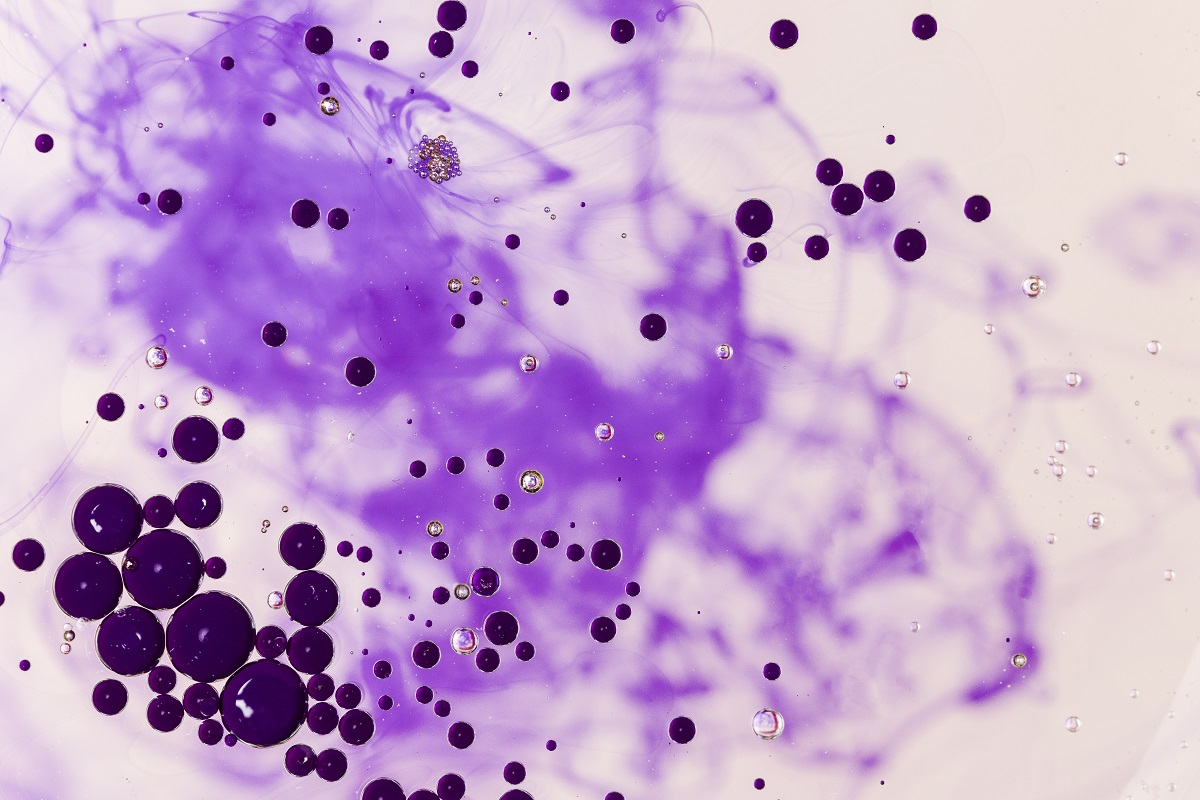KEY TAKEAWAYS
- The phase 2 trial aimed to investigate the efficacy and safety of emavusertib with ibrutinib for R/R NHL pts.
- Researchers noticed favorable long-term safety, tolerability, and promising efficacy of ema+ibr.
Emavusertib (CA-4948) served as a pioneering oral inhibitor targeting interleukin-1 receptor-associated kinase 4 (IRAK4), pivotal for Toll-like receptor (TLR) and interleukin-1 receptor (IL-1R) signaling in B cell proliferation. Its comprehensive inhibitory action extends to FMS-like tyrosine kinase 3 (FLT3) and CDC-like kinases (CLK1/2/4). The formation of the Myddosome complex involving IRAK4 and MYD88 adaptor protein leads to nuclear factor-kappa B (NF-κB) overactivation, fostering inflammation and tumor growth. In monotherapy, emavusertib has demonstrated noteworthy tolerability and activity in heavily pretreated patients (pts) with relapsed/refractory (R/R) non-Hodgkin lymphoma (NHL) (Nowakowski 2020).
Preclinical investigations unveiled the potential of emavusertib to delay or reverse tumor resistance and improve survival by inhibiting IRAK4 activation. Crossing the blood-brain barrier in a murine Patient-Derived Xenograft (PDX) model of Primary Central Nervous System (PCNS) lymphoma, emavusertib blocked the activated IRAK4 pathway, inducing tumor response and extending survival (von Roemeling 2022). In vitro studies with Bruton tyrosine kinase (BTK) inhibitors demonstrated synergy and re-sensitization of resistant cell lines, effectively overcoming BTK resistance (Guidetti 2023a and 2023b). Additionally, in vivo synergy was observed in B-cell NHL.
Adaptive chemotherapy resistance, attributed to IRAK4 upregulation and activation, has been documented in various disease models (Melgar 2019, Li 2019).
For this study, Christian Grommes and his team aimed to assess the potential of emavusertib (CA-4948) in combination with ibrutinib for R/R NHL pts.
They performed an inclusive analysis investigating emavusertib. Part A1 focused on the completed dose escalation of emavusertib as monotherapy, determining the recommended phase 2 dose (RP2D) at 300 mg BID with continuous oral dosing (Nowakowski 2020). Subsequently, Part A2, also completed, entailed dose escalation of emavusertib in combination with ibrutinib at 420 and 560 mg QD (Joffe 2022).
The ongoing Part B comprises an expansion cohort specifically targeting Primary Central Nervous System Lymphoma (PCNSL) pts displaying resistance to prior BTK inhibitors. This phase involves assessing the safety and efficacy of emavusertib at doses of 100 or 200 mg BID in combination with ibrutinib at 560 mg QD, administered in 28-day cycles. The focus lies on gaining additional insights related to exposure, particularly in pts with PCNSL and prior resistance to BTK inhibitors.
About 18 heavily pretreated NHL pts, including 5 with PCNSL, received emavusertib at doses of 100, 200, or 300 mg BID in conjunction with full ibrutinib doses according to label specifications, as of July 19, 2023. The median age among these pts was 63.5 years (range 50-92). They had undergone a median of prior lines of anti-cancer therapies 3 (range 1-10). Notably, 11 out of the 18 pts had previously failed BTK inhibitors.
The median treatment duration was 95.5 days (21 to 587 days), indicating acceptable safety and tolerability. At the 200 mg BID dose level, no dose-limiting toxicities (DLTs) (stomatitis and syncope) were observed. However, at the 300 mg BID dose level, two reversible DLTs—stomatitis and syncope—were reported.
For the 16 evaluable pts, the preliminary efficacy data in combination with ibrutinib exhibited promising outcomes. Among them were 5 CRs (2 MCL, 3 PCNSL) and 1 PR (1 CLL). All 3 PCNSL pts with CR were previously treated with BTK inhibitors.
The study concluded that emavusertib plus ibrutinib (ema+ibr) was well-tolerated, showing promising efficacy and potential to overcome BTK inhibitor resistance, suggesting increased anti-cancer activity compared to ibrutinib alone.
The study is sponsored by Curis, Inc.
Source: https://ash.confex.com/ash/2023/webprogram/Paper189746.html
Clinical Trial: https://clinicaltrials.gov/study/NCT03328078
Grommes C, Tun H, Rosenthal A C, et al. (2023). “Takeaim Lymphoma: An Open-Label, Dose Escalation and Expansion Trial of Emavusertib (CA-4948) in Combination with Ibrutinib in Patients with Relapsed or Refractory Hematologic Malignancies.” Presented at ASH 2023 (Abstract 4497).



